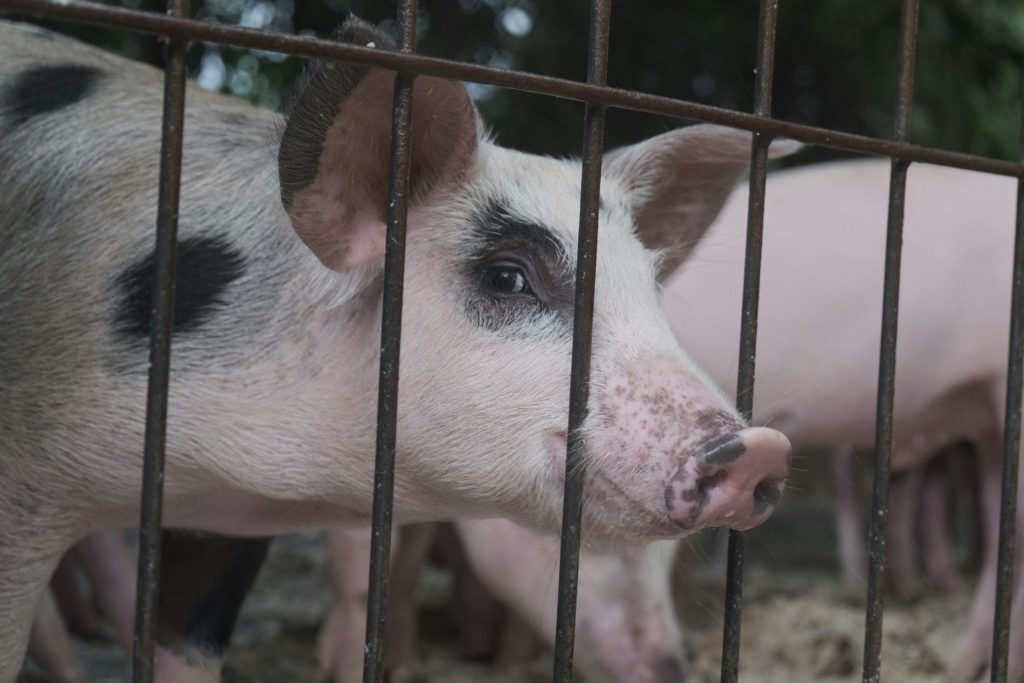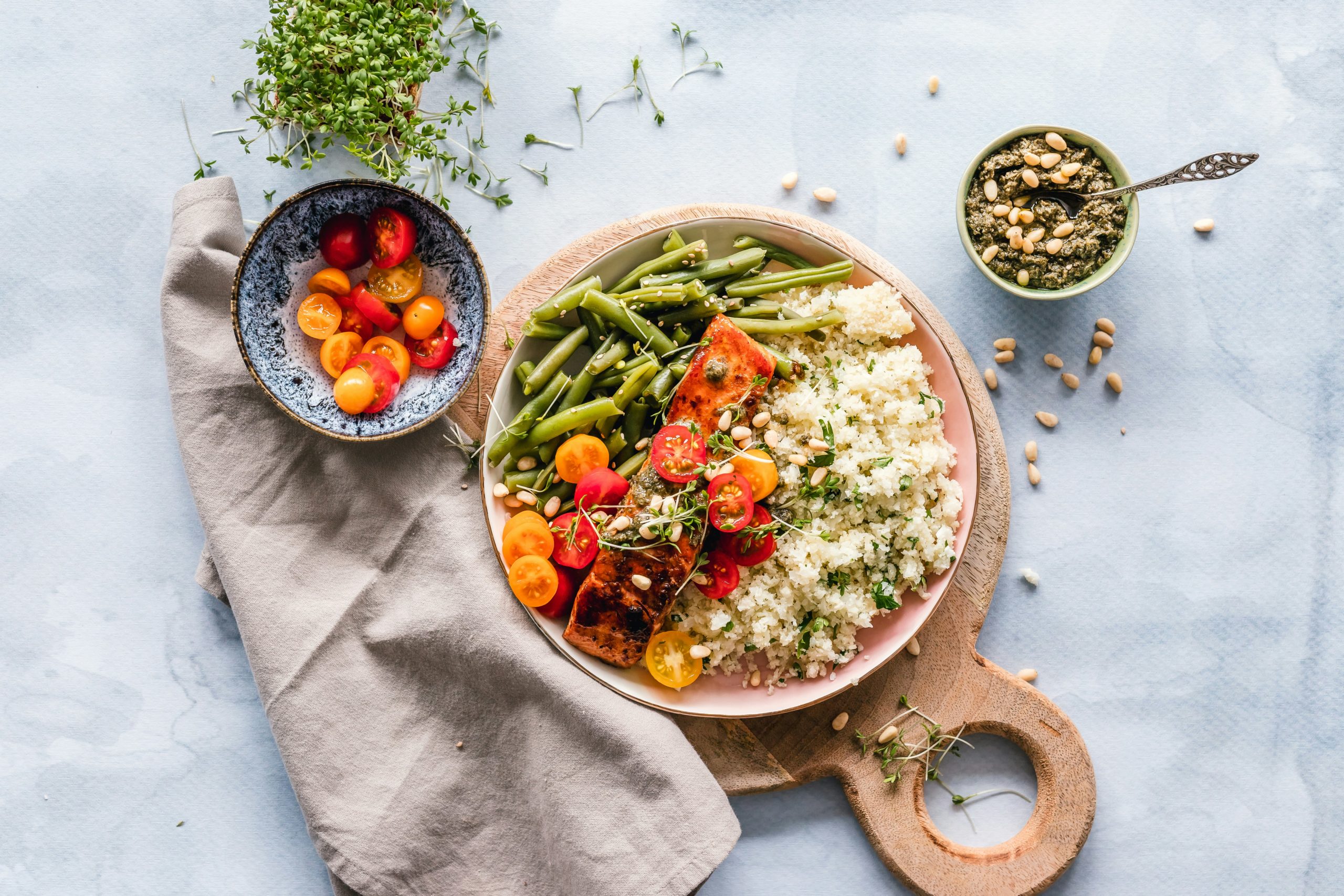
The World’s Food System is broken in many different ways.
These include the vast amount of Greenhouse Gas emissions that it puts into the atmosphere to warm our planet. (Carbon Brief reports it is responsible for about one third of all human-induced emissions.).
Our Food System is also responsible for destroying the soil that we need to feed the world, uses vast amounts of the world’s fresh water, pollutes our rivers and seas, and its ever-increasing use of land is seriously threatening our biodiversity. This article indicates that “half of the world’s habitable land is used for agriculture”.
But there is so much more than that. The food we eat (or don’t) is affecting our health. The system still allows many millions of people to go to bed hungry at night, or to grow up stunted because of the lack of nutrients in their diet. Or they may suffer from obesity, with its associated health problems, because of the harmful food they are eating.
Animal Cruelty
For me, one of the most distressing aspects of the food we produce is the cruelty to animals involved in creating our meals. Human beings don’t need to eat meat. In reality, some societies have managed without for many centuries. However culturally, and for reasons of taste, we like to eat meat. About 22% of the world’s population are vegetarians, but many of those have no choice in the matter. Many would eat meat if they could. This leaves a huge number of people who will potentially eat meat if they become better off. The planet cannot cope with that, and yet how can we ask them not to when we in the developed countries consume so much?
This article indicates there are about 88 million vegans (people who eat strictly plant-based diets). This interest seems to be growing, partly for health reasons and partly as a resistance to animal cruelty.
A paleoanthropologist believes that tastes and food sources are “handed down and more of a social issue than one of physiological evolution or instinct”. So if people were to return more to the diet of their ancestors, eating more local fruits and vegetables, and eating significantly less meat, it would be good news for their health – and for our planet.
The methods by which we produce our food clearly make a difference to both our health and the planet’s stability. Unfortunately, much of our food production these days is done by industrial- or factory-type manufacturing which seems to be horrendous for both.
Factory-Farmed Pigs

The problem here of course is that industrially farmed animals are big business. While the saying “real men eat meat” is a story people tell, the fact is there is a belief worldwide that humans need to eat meat. So, of course there is a market for it. Many people shut their eyes to the cruelty involved.
“In fact, if one person is unkind to an animal it is considered to be cruelty, but where a lot of people are unkind to animals, especially in the name of commerce, the cruelty is condoned and once large sums of money are at stake, will be defended to the last by otherwise intelligent people.” Ruth Harrison, Animal Machines.
This report says that “Factory farming – the grain-feeding of confined animals – is the single biggest cause of animal suffering on the planet”.
I am the sort of person who cannot look at a starving polar bear in the Arctic without crying. So, for me, looking in depth at what we do to animals is horrendous. Yet I eat meat! not very much and less and less each day. So I understand the urge to eat meat and the self-deception involved in eating it. But I try really hard not to eat factory-farmed meat. For me it is just too awful. Please read the above article. It may make you change your mind about your meat consumption.
What Can We Do to Improve our Food System?

A major scientific report quoted by Politico on the global food system quantifies the costs of inaction versus transformation. It also shows that huge health and environmental costs could be mitigated by steps such as producing and eating less meat and supplying more food locally.
So, what do these scientists think we need to do?
Reduce Animal-Based Consumption
What is animal-based consumption? This is protein based on animal products. It includes meat, dairy (milk, cheese, butter, yoghurt), eggs, fish and seafood. This damages our health and the health and well-being of the animals involved. It also damages the health of the planet with the necessity of growing corn, soya beans and other grains to feed the animals. As well as being unnatural and unhealthy for these poor creatures the grains are usually grown with the use of fertilizers and herbicides which are destructive of biodiversity. In addition, these grains encourage the use of antibiotics in animal feeds thus reducing their efficacy in human beings. It also involves an amount of deforestation to produce land for this agriculture that threatens us all.
Eat Healthy Diets
The biggest untapped potential researchers believe is to transition from unhealthy to healthy diets.
What is a healthy diet?
In 2019 the EAT-Lancet Commission produced a diet that they believed was healthy for people and planet.
It looked at the question “Can we feed a population of 10 billion people a healthy diet within planetary boundaries?” Their answer is yes but – – – but it would be impossible without transforming eating habits, improving food production and reducing food waste. Do have a look at their diet. It is very interesting and looks straightforward to me.
Reduce Food Waste
According to this report each year about one third of all the food the world produces never gets eaten. About 45 trillion gallons of water is consumed in the process. This food waste is linked to about 8 – 10% of the Greenhouse Gas emissions warming the planet.
Just researching and writing all this makes me realise how ignorant mankind has been and continues to be. We are threatening the future of humanity, starving many of them, making many people ill, destroying our soil and our pollinators. Are we doing this in the name of profit? Or because we don’t want to think about it? We need to stop doing this!
What can we each do?
As I believe I have said before, with food there are many things each of us can do:
- Cut down the amount of meat we eat, particularly beef. If you must eat beef, at least eat grass-fed meat.
- Eat organic if you can
- Eliminate food waste in your household
- Buy from farmers who you know care about their produce
- Avoid supermarkets if you possibly can (less industrial-type produce)
- Eat local
- Think about the kind of milk you use to replace cow’s milk. Some use huge amounts of water.
- Read the articles on animal suffering and take note.
We can all make a difference here. So dig out your cookery books and your grandmothers’ recipes for leftovers and get cracking! Remember you are doing it for your grandchildren even if you don’t have any yet!
To subscribe to my blog, please use the form on the Home page.
Photos by Annie Spratt, James Tiono and Ella Olsson on Unsplash
